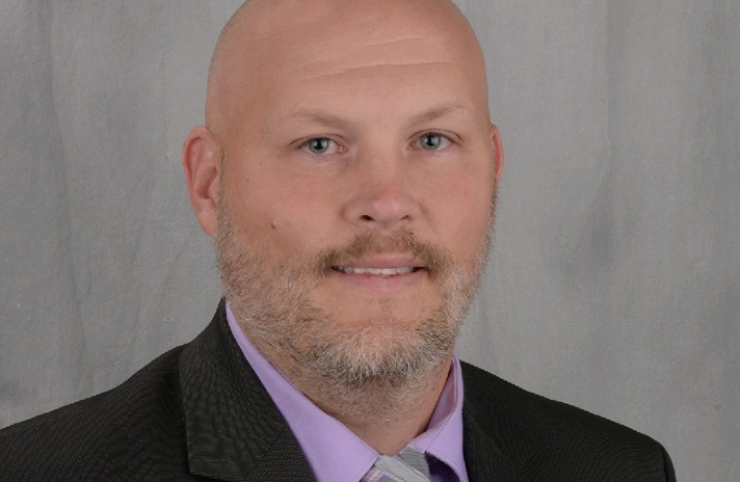Wisconsin Gov. Tony Evers’ administration tapped Deputy Capital Finance Director Aaron Heintz for the top debt management post David Erdman vacates on Friday.
Heintz joined the office in 2005 as a capital finance officer, later moved up to finance programs administrator, and became deputy capital finance director in 2018.
He moved over to the U.S. Environmental Protection Agency for a portfolio manager’s position in early 2019 but returned to the capital finance office at the end of that year.

The director is a civil service position reporting to State Budget Director Brian Pahnke and falling under the Department of Administration.
The office oversees a handful of state bond programs and aids in the preparation of legislation, disclosure, sale, and issuance of state deal as well as assisting in deals at the local level that carry a moral obligation.
The department conducted a search after Erdman shared his intentions to
“Aaron Heintz was our top candidate and we’re excited for him to be in this role,” said DOA spokeswoman Tatyana Warrick.
“It's nice to be rewarded for the hard work you do,” Heintz said.
Erdman said he’s comfortable handing the title over to Heintz when he leaves the state after more than three decades in various positions. Erdman will join Baker Tilly next week.
“Since I appointed Aaron as deputy capital finance director, he has been the lead in day-to-day operations,” Erdman said. “Aaron’s long experience in many roles in the office makes him more than ready to take the reins from me. Aaron’s quantitative skills are amazing and the key reason for the successes of our office over the years.”
Heintz takes over during a period of relative calm for the office.
The state received two upgrades in August — one from Kroll Bond Rating Agency to AAA.
Heintz says he plans to focus initially on his state work but eventually hopes to follow in Erdman’s footsteps — and those of Erdman’s predecessor Frank Hoadley — in providing a national voice on issuer advocacy through organizations like the Government Finance Officers Association.
“Frank and Dave were both great mentors to me,” Heintz said. “I hope to continue building on the foundation Frank and Dave built and as new ideas come up will make them my own.”
Work is beginning on the state’s next two-year budget and the office recently received approval from the Building Commission on a refreshed extendable municipal commercial paper program first launched during Hoadley’s tenure.
The
The new program resolution increases the allowable maximum default rates which should increase the notes marketability, Heintz said. “The program provides another tool in the toolbox with interest rates rising,” he said.
Environmental, social, and governance issues including evolving thoughts on disclosure and what factors are “nexus to credit” along with cyber security measures are also on the front burner, Heintz said. On cyber security, the office will heighten its focus on how to ensure protections are in place with vendors and local governments the office deals with, Heintz said.
Heintz’s team includes Katherine Miller, Jessica Fandrich, Andy Behm, Joe Adomakoh, and Peggy Mravik.
Heintz didn’t seek out a career in public finance but once landing in the capital finance office he came to appreciate the work. He studied accounting at the Madison Area Technical College and took a contract position with the state comptroller. As the contract neared its end, he met with Hoadley about a position in the office.
Heintz remembered the spur of the moment meeting which he was hesitated to agree to because he was wearing shorts and a polo.
“They didn’t care what I was wearing. They cared what I had up in my head and if that would translate into public finance,” Heintz recalled. “I fell into public finance but once I got there I realized it was what I really liked to do” both working with numbers and on the revolving fund aiding local municipalities get low-cost financing.
Heintz, a self-described “military brat,” was born in Arizona but grew up Mineral Point, Wisconsin. He lives in Sun Prairie with his wife Theresa and five-year-old and two-year-old sons, Arlo and Milo. His love of Legos was resurrected when he became a foster parent in 2013 and he’s a master builder of the 2,000-piece Lego City series. Heintz is also a fan of RV travel, in Wisconsin and beyond.





